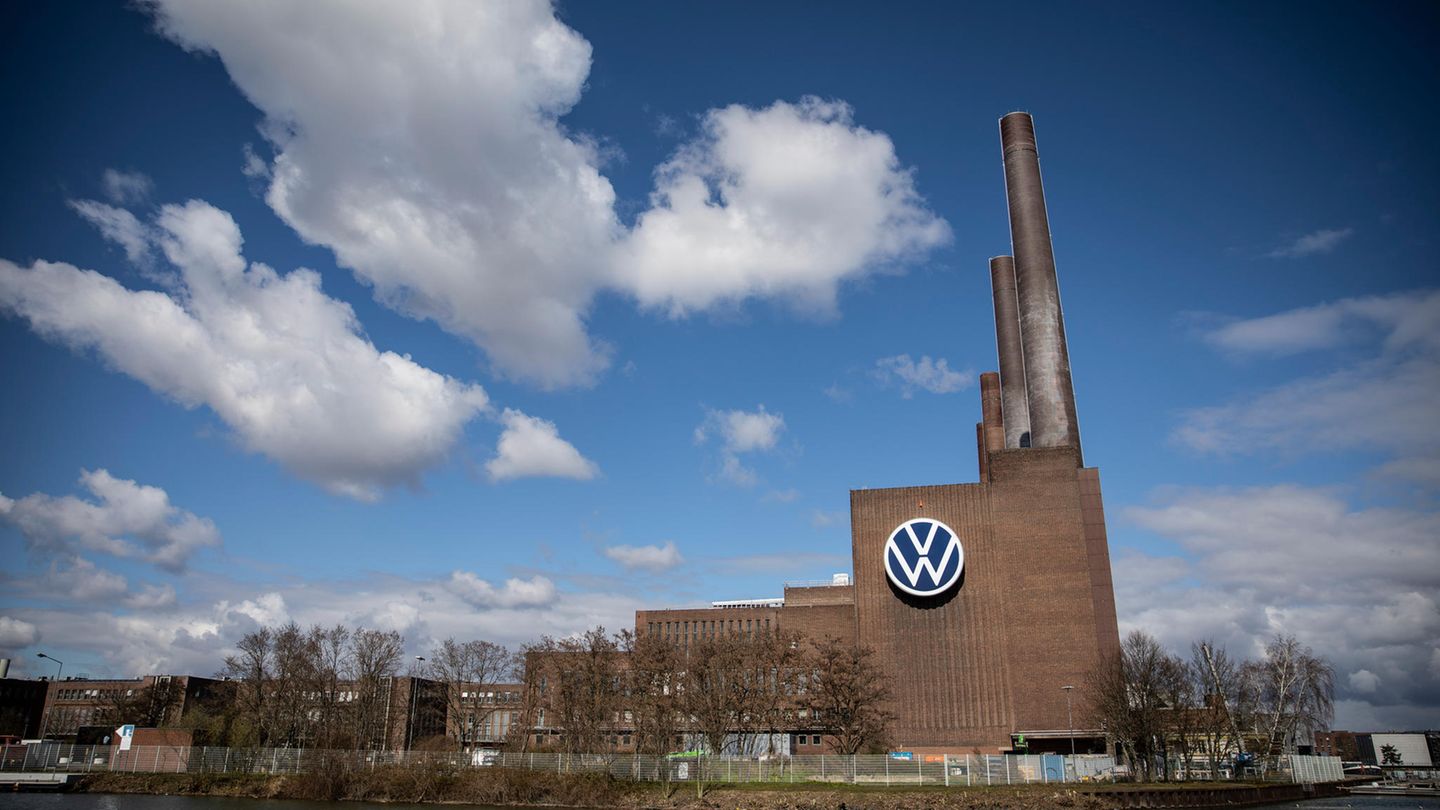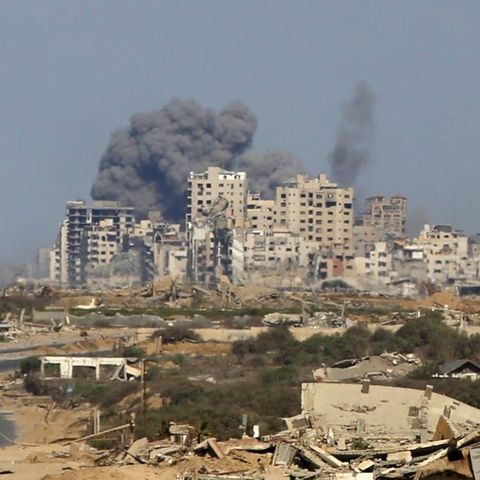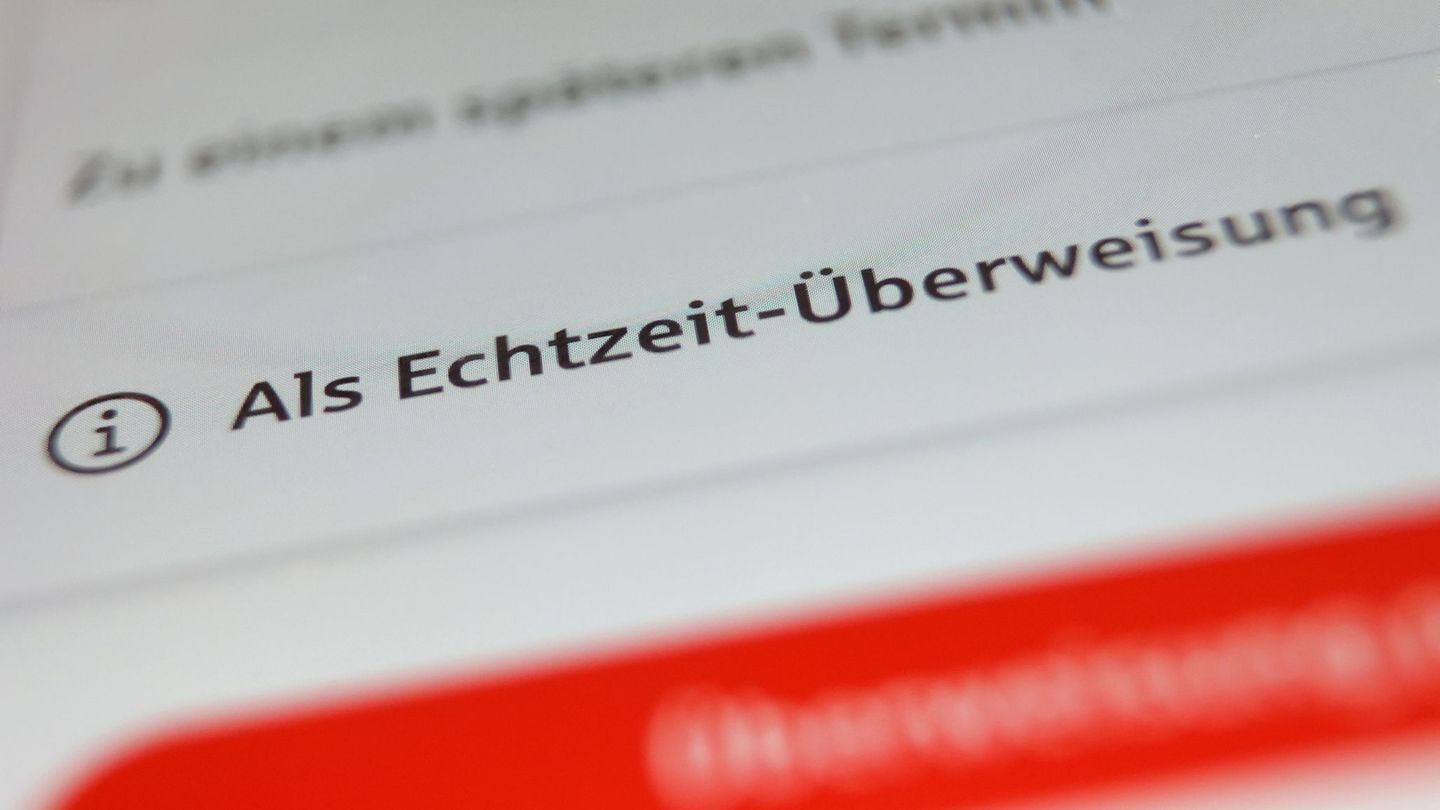On Wednesday, an IT malfunction brought large parts of the production of the automobile manufacturer VW to a standstill. The problem has now been solved – but what was behind it and did it already exist? The most important questions and answers.
An IT breakdown almost completely paralyzed the VW Group on Wednesday. It was only on Thursday night that the problem could be resolved and production could start again. Voices are already being heard in politics calling for more security in the digital world.
How much does the breakdown cost VW?
VW has not yet provided any specific information about the costs of the IT breakdown or the extent of the failures. Car expert Ferdinand Dudenhöffer from the Center Automotive Research (CAR) in Duisburg assumes that the damage will be limited. “I think the amount is manageable,” he told the dpa. After all, production didn’t even stand still for a day. “You can quickly make up for the loss.” Longer delivery times for customers are therefore not to be expected. VW benefits from the fact that the problem was quickly resolved. Otherwise it could have been really expensive, warns Stefan Bratzel from the Center of Automotive Management (CAM) in Bergisch Gladbach: “Errors and breakdowns in IT security can quickly cost three-digit million sums or more.”
And who pays for it?
Technicians and lawyers at both VW and insurers will now ponder this. “Business interruption” is one of the most feared dangers and is ranked second only to hacker attacks in the annual “risk barometer” of the industrial insurer Allianz Corporate. For such cases, industrial companies take out so-called business interruption insurance. Large corporations like VW are insured by consortia because the damage can quickly exceed the financial capacity of a single insurer. The experts are also trying to clarify the cause. This usually involves technical breakdowns, accidents or hacker attacks, and sometimes internal sabotage by dissatisfied employees. But no insurer provides information about the damage suffered by individual customers.
What do we know about the causes?
VW has not yet provided any precise information about the cause of the malfunction. So far, nothing indicates that it was an attack from outside, a spokesman said on Thursday. On Thursday night, an IT service provider responsible for the company’s networks said that anything from a technical breakdown to a hacker attack was possible. “You can never rule out a cyber attack,” said auto expert Dudenhöffer. In this specific case, he thinks that is unlikely, simply because VW got the problem under control in less than 24 hours. In addition, hackers who paralyze companies would usually demand a ransom before releasing the systems again. “And VW wouldn’t have paid so quickly.”
How can a breakdown have a global impact so quickly?
This is mainly due to the increasing networking of locations and central control, said car expert Bratzel. This means that disruptions can spread across the network worldwide and then paralyze entire corporations “like a domino effect”. “If something gets stuck somewhere, it gets stuck everywhere,” adds Dudenhöffer. “Then all plants will be at a standstill.” But turning away from networking is not a solution, he adds. Only through the use of central computing technology can a global production network be efficiently controlled. “There’s no other way to do it. There’s no going back.”
Fiat, classic car and tiny electric car
Pope with Lambo, Harry in the Potter Punto and oldie Jenner: Ten extraordinary cars owned by celebrities
Has anything like this happened before?
Yes. Toyota had to close all of its factories just last March after its domestic supplier Kojima Industries suffered a system failure caused by a cyber attack. And the supplier Continental itself fell victim to a hack attack at the end of 2022. Instead of paralyzing operations, the attackers at Conti targeted the data. A total of 40 terabytes were stolen.
What lessons do companies have to learn from this?
In view of the disruption at VW, Federal Transport Minister Volker Wissing (FDP) has already called for greater sensitivity to the issue of network security. “We need security systems here that work,” he told broadcasters RTL and ntv. “It must be clear to everyone that digital infrastructures are critical infrastructures.” Because, warns Dudenhöffer: The risk of cyber attacks from Russia, for example, is increasing significantly. “That’s why it’s important to protect yourself against it.” It’s not just about a company’s own IT. Due to the network with other companies, the insurance must also be comprehensive. “This has to extend from the supplier to the dealer. Because hackers find gaps everywhere where they can get in.”
Source: Stern




